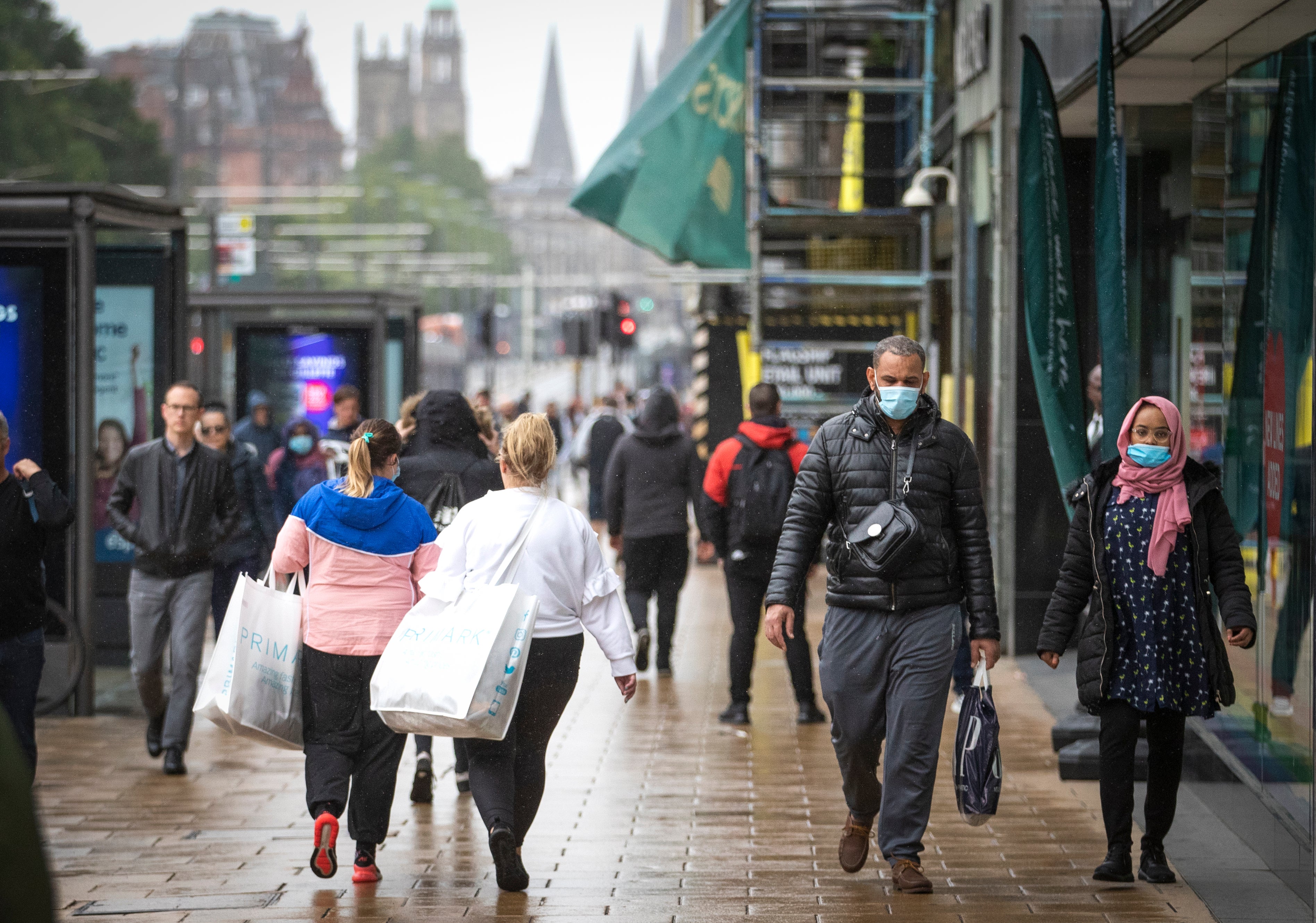Economic recovery starting to falter as cost of living bites, experts warn
Strathclyde University’s Fraser of Allander Institute has scaled down its forecasts for economic growth in Scotland in 2023.

Your support helps us to tell the story
From reproductive rights to climate change to Big Tech, The Independent is on the ground when the story is developing. Whether it's investigating the financials of Elon Musk's pro-Trump PAC or producing our latest documentary, 'The A Word', which shines a light on the American women fighting for reproductive rights, we know how important it is to parse out the facts from the messaging.
At such a critical moment in US history, we need reporters on the ground. Your donation allows us to keep sending journalists to speak to both sides of the story.
The Independent is trusted by Americans across the entire political spectrum. And unlike many other quality news outlets, we choose not to lock Americans out of our reporting and analysis with paywalls. We believe quality journalism should be available to everyone, paid for by those who can afford it.
Your support makes all the difference.Recovery from the pandemic by Scottish businesses is starting to falter, economic experts have warned.
Strathclyde University’s Fraser of Allander Institute made the statement on Thursday as it scaled down its forecast for economic growth in 2023, with the cost-of-living crisis taking a toll on both companies and consumers.
The think tank said it now expects growth of 0.5% next year, instead of the 1.5% it previously forecast, due to the impact of rising costs and the likelihood that they will persist for longer than first predicted.
In its latest quarterly economic commentary report, the institute said consumers are starting to modify their spending behaviour in response to the ongoing crisis, with more than half reporting they are spending less on non-essential items.
A further third of consumers said they are now spending less on essential items such as food and fuel, while the cost of properties is seeing a significant increase.
Inflation will be higher and persist for longer than we thought
Analysis by the think tank suggests the impact of the cost-of-living crisis is being experienced in different ways by different demographics, highlighting that consumers of a younger age may feel the increase in property and public transport costs are hitting harder.
Older age groups, it said, are more likely to acknowledge a price rise in food and fuel.
Institute director Professor Mairi Spowage said: “The data published yesterday on the Scottish economy shows that the recovery from the pandemic is starting to falter.
“The analysis we have carried out for this quarter’s commentary indicates that inflation will be higher and persist for longer than we thought in March.
“This has the potential to limit the economic recovery we hope to see during 2022 and 2023, as consumers cut back on discretionary spending and businesses limit production due to input costs.
“These circumstances have led us to revise down our expectations for growth during 2023.
“Of course economic forecasting is a tricky business at the best of times, but forecasts are highly uncertain right now.”
Angela Mitchell, senior partner at Deloitte, which sponsors the institute’s economic commentary, added: “While Scotland’s economic recovery was well under way in the first quarter of 2022, challenges for businesses are likely to remain throughout this year as a result of the cost-of-living pressures driven by both rising inflation and interest rates.
“In this context, the risks posed to future economic growth are in plain sight. Weaker demand, higher costs and, in particular, uncertainty inhibit the likelihood of investment and growth.
“For business leaders, focus must turn to ways to foster productivity which are not solely dependent on the ups and downs of the economic cycle but can be driven by other factors, including prioritising technology, innovation and digital transformation.
“Organisations should consider the changing nature of work and draw on their experiences developed during the pandemic to bolster resilience and ensure a path through the current economic climate.”